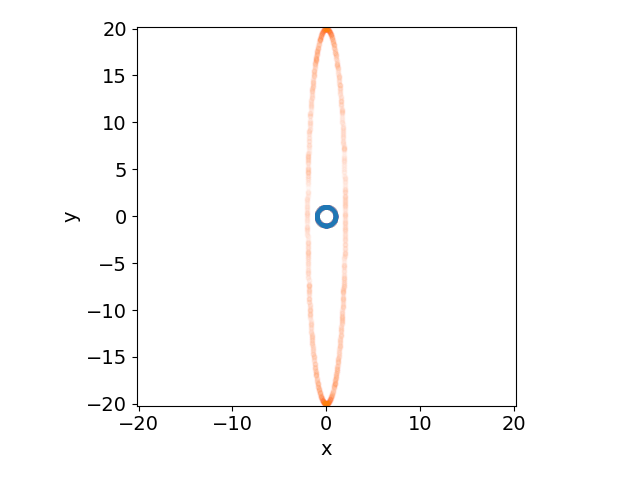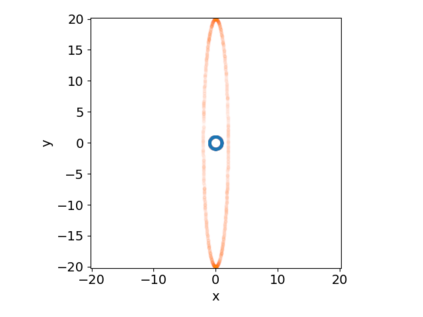Probabilistic programming systems generally compute with probability density functions, leaving the base measure of each such function implicit. This mostly works, but creates problems when densities with respect to different base measures are accidentally combined or compared. Mistakes also happen when computing volume corrections for continuous changes of variables, which in general depend on the support measure. We motivate and clarify the problem in the context of a composable library of probability distributions and bijective transformations. We solve the problem by standardizing on Hausdorff measure as a base, and deriving formulas for comparing and combining mixed-dimension densities, as well as updating densities with respect to Hausdorff measure under diffeomorphic transformations. We also propose a software architecture that implements these formulas efficiently in the common case. We hope that by adopting our solution, probabilistic programming systems can become more robust and general, and make a broader class of models accessible to practitioners.
翻译:概率性编程系统一般计算概率密度函数,使每个此类函数的基准度量隐含。这大多有效,但当不同基度的密度不小心合并或比较时,会产生问题。计算变量连续变化的数量校正时,也会发生错误,这一般取决于支持度量。我们在概率分布和双向转换的可比较图书馆中激励和澄清问题。我们通过将霍斯多夫的计量标准标准化作为基础,并得出比较和合并混合密度的公式,以及更新在地貌变异情况下Hausdorff测量的密度,解决问题。我们还提议了一个软件结构,在通用情况下高效地执行这些公式。我们希望通过采用我们的解决办法,概率性编程系统能够变得更加稳健和普遍,并使从业人员能够使用更广泛的模型。





